You now no longer have to demonstrate to a district licensing committee (DLC) that you have “greater interest than the public generally” when objecting to a licence application.
Anyone can object to an application for a licence, licence renewal, variation of licence conditions, or special licence, with narrow exceptions for trade competitors and their surrogates. You can object as an individual or as the representative of a group or organisation.
This change accommodates people currently excluded from participating in licensing hearings who may not live in the area but spend time there due to family connections, living rurally, or having a particular connection to the area.
Objections still need to be based on the licensing criteria set out in the Act.







